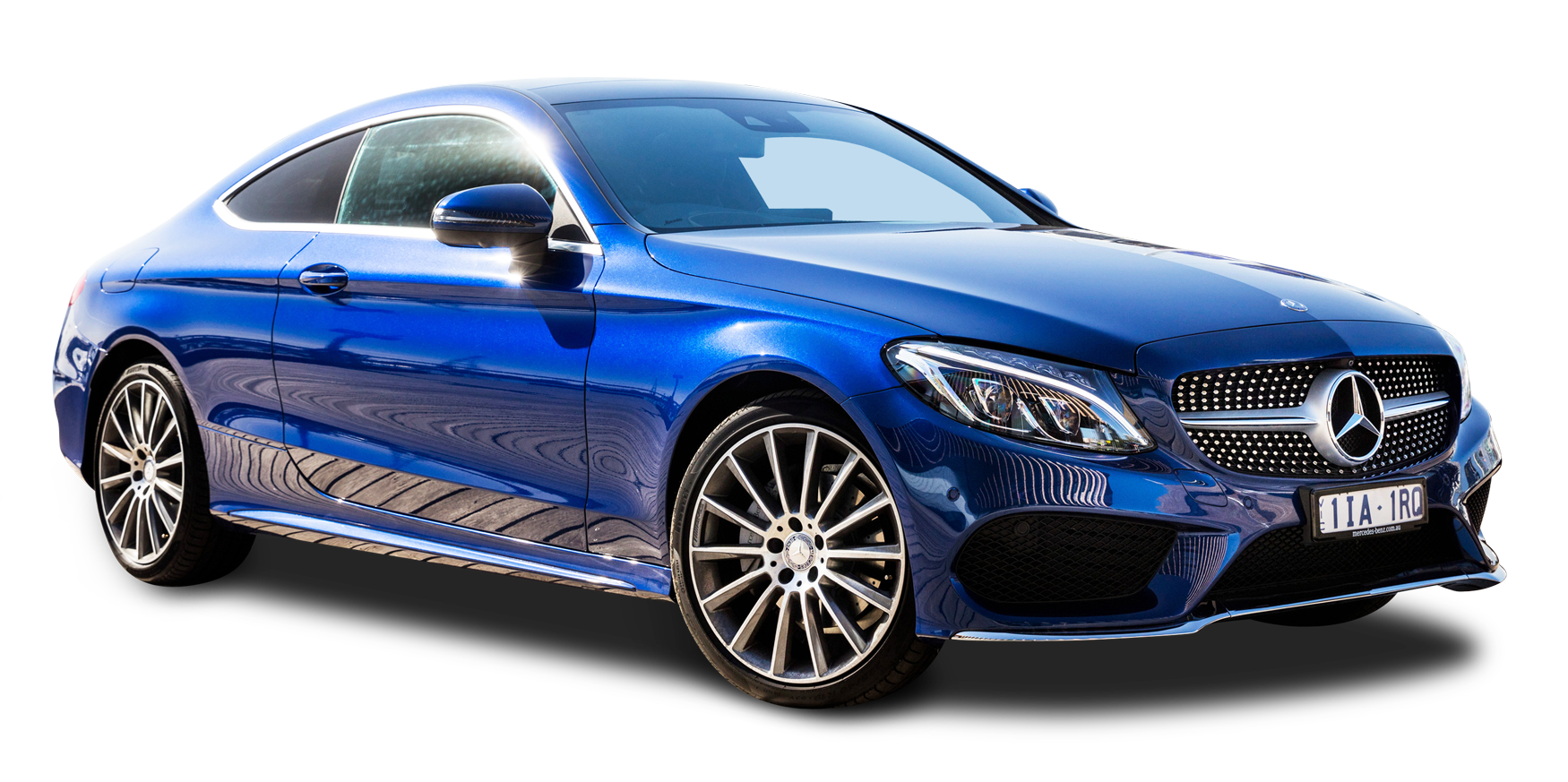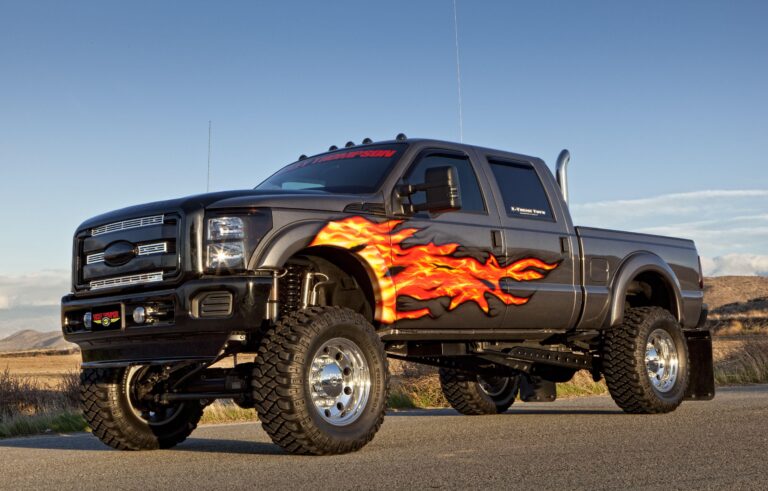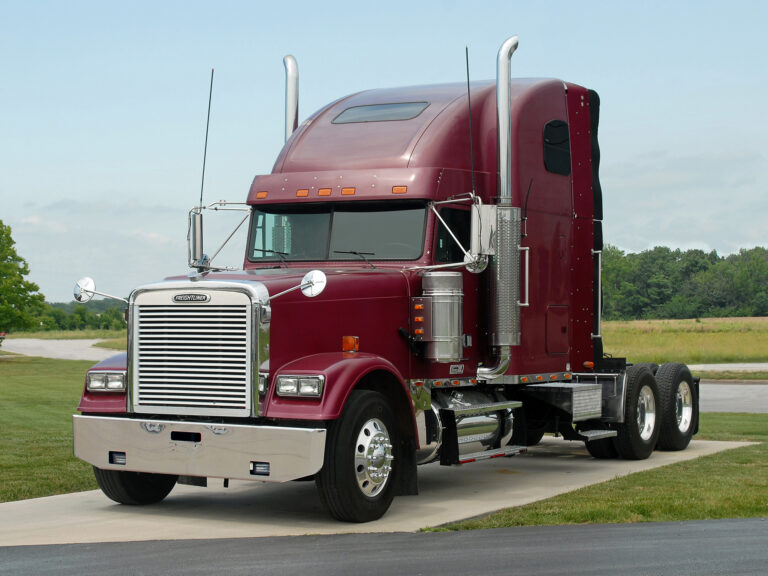Car Brand Value Ranking 2018: A Deep Dive into Automotive Giants
Car Brand Value Ranking 2018: A Deep Dive into Automotive Giants cars.truckstrend.com
In the fast-paced and intensely competitive automotive industry, a brand’s value is more than just a fleeting indicator of market share or sales volume; it is a profound measure of its enduring power, customer loyalty, and future potential. The Car Brand Value Ranking for 2018 offers a fascinating snapshot of this dynamic landscape, revealing which automotive giants commanded the strongest influence and financial worth. Understanding these rankings goes beyond mere curiosity; it provides crucial insights into effective brand strategy, the impact of technological innovation, and evolving consumer preferences. For automakers, investors, and enthusiasts alike, these valuations serve as a barometer for success, highlighting the companies that have masterfully navigated a complex global market.
This comprehensive article will delve into the Car Brand Value Ranking of 2018, exploring the methodologies behind these valuations, revealing the top performers, dissecting the key trends that shaped the industry, and offering practical advice on how automotive brands build and sustain their invaluable equity.
Car Brand Value Ranking 2018: A Deep Dive into Automotive Giants
Understanding Car Brand Value: More Than Just a Price Tag
Before we delve into the specifics of 2018, it’s essential to grasp what "car brand value" truly represents and how it’s calculated. Brand value is an intangible asset that reflects the financial worth generated by a brand’s reputation, recognition, and perceived quality. Leading global brand consultancies like Interbrand and Brand Finance employ sophisticated methodologies to quantify this value.
Interbrand, for instance, uses a framework that considers three key components:
- Financial Performance: The economic profit generated by the branded products and services.
- Role of Brand: The proportion of the purchase decision influenced by the brand itself, independent of other factors like price or features.
- Brand Strength: The brand’s ability to create loyalty and sustainable demand, measured across various internal and external factors such as clarity, commitment, relevance, authenticity, presence, and engagement.
In essence, a high brand value indicates a strong, healthy brand that can command premium prices, inspire loyalty, attract top talent, and weather economic downturns more effectively. For the automotive sector, where emotional connection and trust play a massive role in purchasing decisions, brand value is particularly critical.
The Top Contenders: Car Brand Value Ranking 2018
The year 2018 saw a continuation of established dominance for many traditional automakers, while also highlighting the growing importance of luxury segments and the strategic shifts towards new mobility solutions. Based on Interbrand’s "Best Global Brands 2018" report, several automotive brands consistently ranked among the world’s most valuable across all industries, cementing their leadership within their own sector.
Here’s a look at the top automotive brands by value in 2018, showcasing their impressive financial standing:
| Rank (Overall) | Automotive Brand | 2018 Brand Value (USD Billions) | Change from 2017 (%) | Key Insights for 2018 |
|---|
* **Toyota:** Remaining among the top global brands (ranked 7th overall), Toyota’s brand value stood at an impressive **$53.59 billion**. The brand's focus on quality, reliability, hybrid technology leadership, and its expanding luxury arm Lexus, contributed significantly to its robust valuation. Toyota's global production scale and strong presence across diverse markets reinforced its image as a dependable and forward-thinking automaker.
* **Mercedes-Benz:** Climbing to 8th position globally with a brand value of **$48.60 billion**, Mercedes-Benz showcased the enduring power of luxury and innovation. Their strategic expansion into electric vehicles (EQ sub-brand), continued success in premium segments (SUVs and sedans), and strong design language resonated well with consumers globally, driving significant brand equity growth.
* **BMW:** Holding its ground as a top-tier luxury brand (ranked 13th overall), BMW's brand value reached **$41.00 billion**. Known for its "Ultimate Driving Machine" ethos, BMW continued to innovate in areas of connectivity, autonomous driving, and electric mobility (i-series), ensuring its relevance in a rapidly changing industry.
* **Honda:** A consistent performer, Honda (ranked 20th overall) commanded a brand value of **$23.50 billion**. Its diversified portfolio, encompassing automobiles, motorcycles, and power equipment, alongside its reputation for engineering excellence and fuel efficiency, sustained its strong brand presence.
* **Ford:** Despite facing challenges in shifting consumer preferences, Ford (ranked 35th overall) maintained a significant brand value of **$13.40 billion**. The brand's focus on trucks and SUVs, alongside investments in future mobility solutions, helped stabilize its position.
* **Hyundai:** Demonstrating strong growth, Hyundai (ranked 36th overall) saw its brand value reach **$13.20 billion**. Aggressive product launches, improved design, and a focus on sustainability and connectivity helped the South Korean automaker enhance its global appeal.
* **Audi:** As part of the Volkswagen Group, Audi (ranked 39th overall) maintained its luxury standing with a brand value of **$12.30 billion**. Its commitment to advanced technology, premium design, and a strong push into electric mobility kept its brand strong.
* **Nissan:** Ranked 40th overall, Nissan's brand value was **$12.20 billion**. The brand continued to leverage its electric vehicle leadership (Leaf) and robust SUV lineup, despite internal corporate challenges that would emerge later.
* **Volkswagen:** Despite the lingering shadow of "Dieselgate," Volkswagen (ranked 41st overall) managed a brand value of **$12.00 billion**. Its massive global scale, diverse product portfolio, and ambitious electrification strategy (ID. series) were key to its resilience.
* **Porsche:** The iconic sports car manufacturer, Porsche (ranked 52nd overall), boasted a brand value of **$11.60 billion**. Its unwavering commitment to performance, luxury, and heritage, combined with successful SUV models like the Macan and Cayenne, ensured its elite status.These rankings underscore that while sheer volume is important, the ability to innovate, adapt to new technologies, and maintain a strong emotional connection with consumers is paramount for sustaining and growing brand value in the automotive sector.
Key Trends Shaping Automotive Brand Value in 2018
The 2018 rankings were not merely a static list; they reflected profound shifts and emerging trends within the automotive industry:
- Electrification on the Horizon: While pure EV sales were still nascent, the strategic commitment to electric mobility by major players like Mercedes








